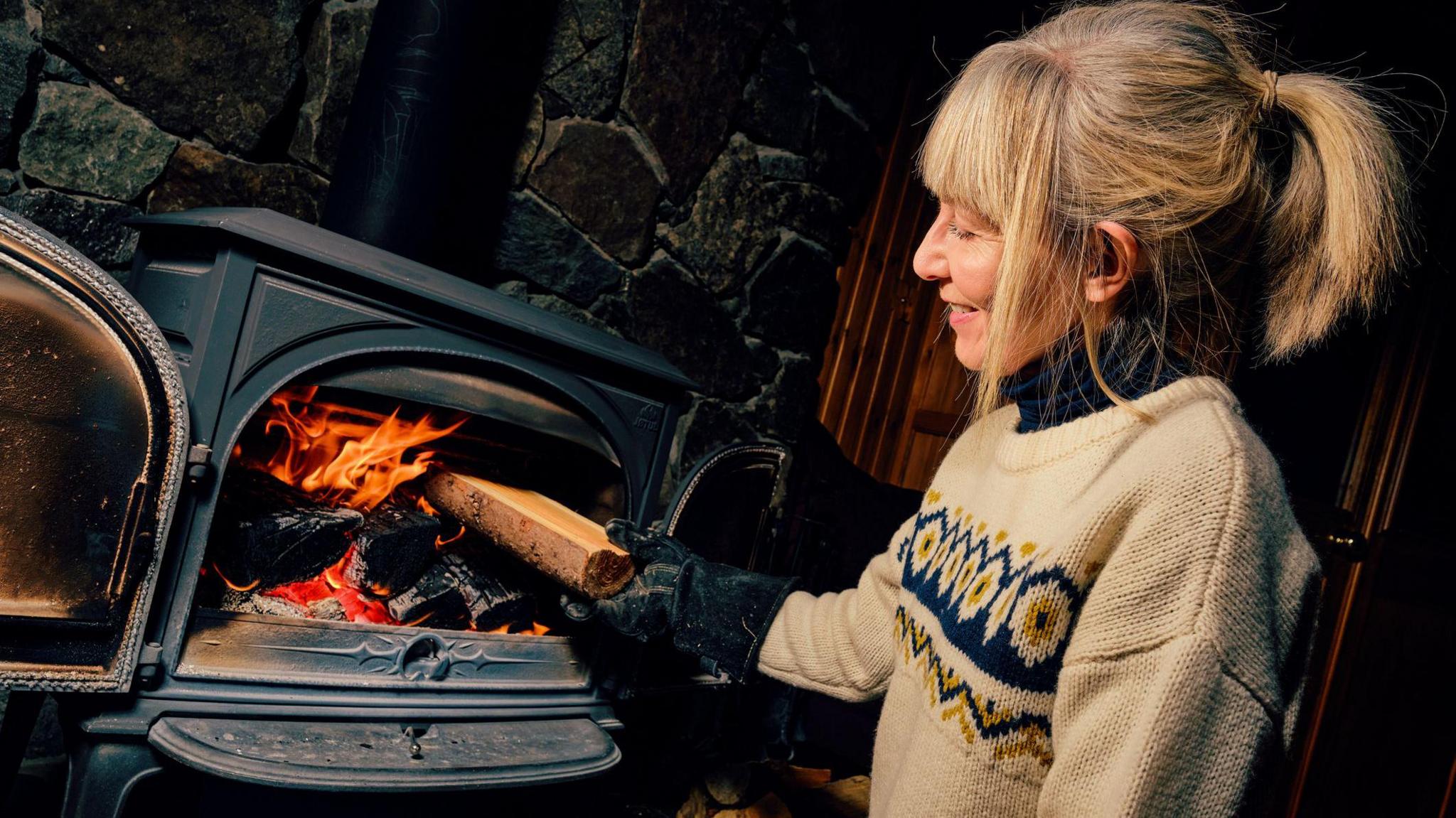High pollution levels inside homes, research shows
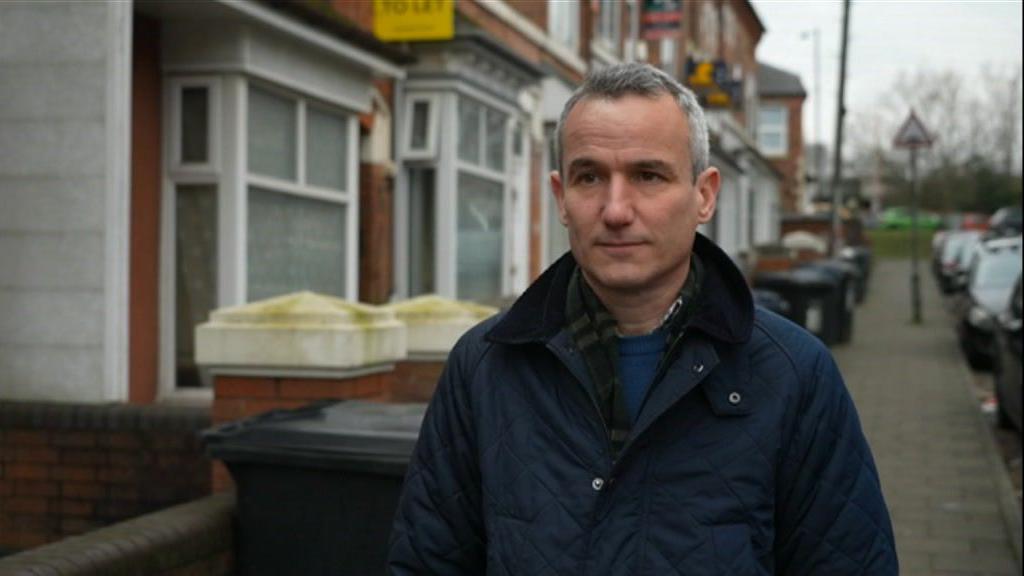
Francis Pope, professor of atmospheric science at the University of Birmingham, says that because people spend up to 90% of their lives indoors, shows the need for looking inside homes as well
- Published
We think of home as a safe space, a refuge from pollution - but new research from the University of Birmingham shows that may be far from true, and pollution in our homes may be having a damaging effect on our brains.
To test the evidence, scientists at the University of Birmingham have placed pollution monitors in three typical homes in a city suburb.
The aim is to measure the levels of tiny pollution particles we more usually associate with traffic rumbling by on the roads outside.
And the teams have found pollution levels inside the home were often higher than those outside.
"There's this realisation that we spend most of our lives indoors, between 80 and 90 percent," said Prof Francis Pope, professor of atmospheric science at the University of Birmingham.
"We've done a lot of measurement of outdoor air pollution but we suddenly realised, maybe obviously, that we need to be looking inside houses as well as outside them."
Air inside one house exceeded World Health Organisation safety guidelines on nine days.
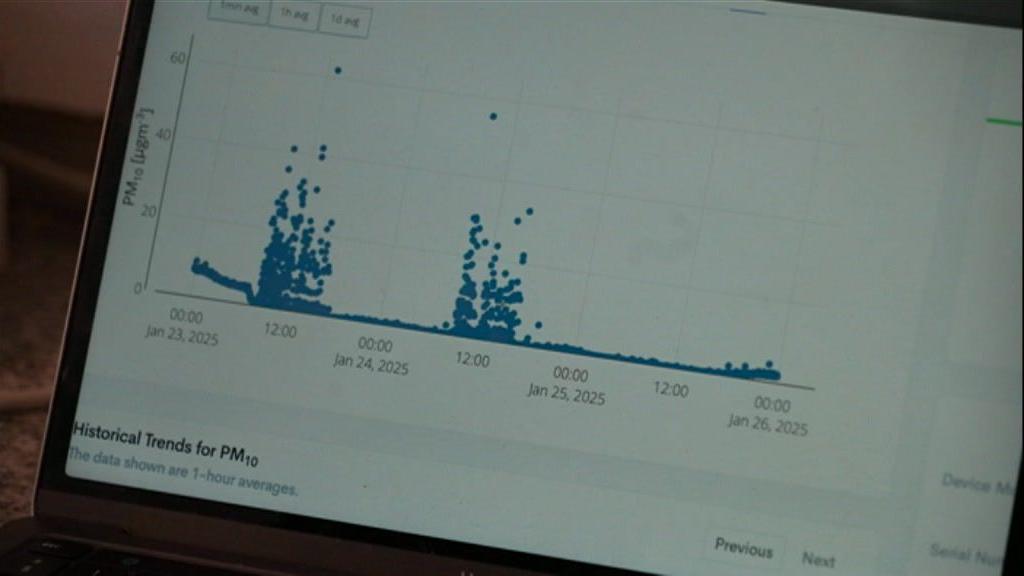
Data showed that pollution levels inside the home were often higher than the levels outside
The detectors cannot tell us exactly what the pollution sources are in a particular home, but causes include ordinary house dust, cooking and even candles.
"Outside air comes in… then there's other sources – things like resuspension of dusts… if you're cooking stuff, if you've got your boiler on, candles, incense, all those things are not only making nice smells but kicking up pollution," said Prof Pope.
'Ability to concentrate affected'
It's noticeable that one of the three homes that recorded lower levels of pollution overall was one where the people living there usually used an extractor fan when cooking, and that also were more likely to open a window in the bedroom during the day.
The university has also published new research looking at the impact of this sort of pollution on how our brains work.
They found exposure to this sort of pollution has an effect on our ability to concentrate and carry out tasks.
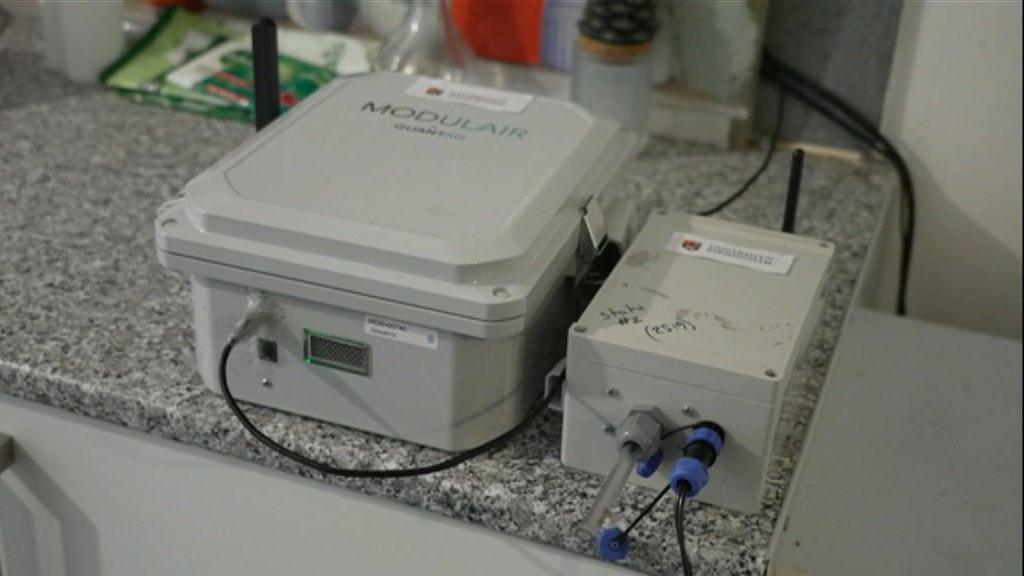
The measurements were taken in three homes in the city
At a time when cities like Birmingham are implementing charging to try to get more polluting vehicles off the road, this research shows thinking about air quality in our homes might be just as important.
In the meantime, particularly if someone in your home has issues around breathing, it could help to use extractor fans when cooking, stay on top of dusting and also to open windows... and definitely think twice about lighting your favourite smelly candle.
"You can buy purifiers as well, they're quite effective," added Prof Pope.
"There's lots of ways around it, but I think one of the good things is actually knowing how much air pollution there is, so hopefully this study shines a light and shows that there is this potential problem inside houses as well as outside."
Get in touch
Tell us which stories we should cover in Birmingham and the Black Country
Follow BBC Birmingham on BBC Sounds, Facebook, external, X, external and Instagram, external.
Related topics
- Published30 January
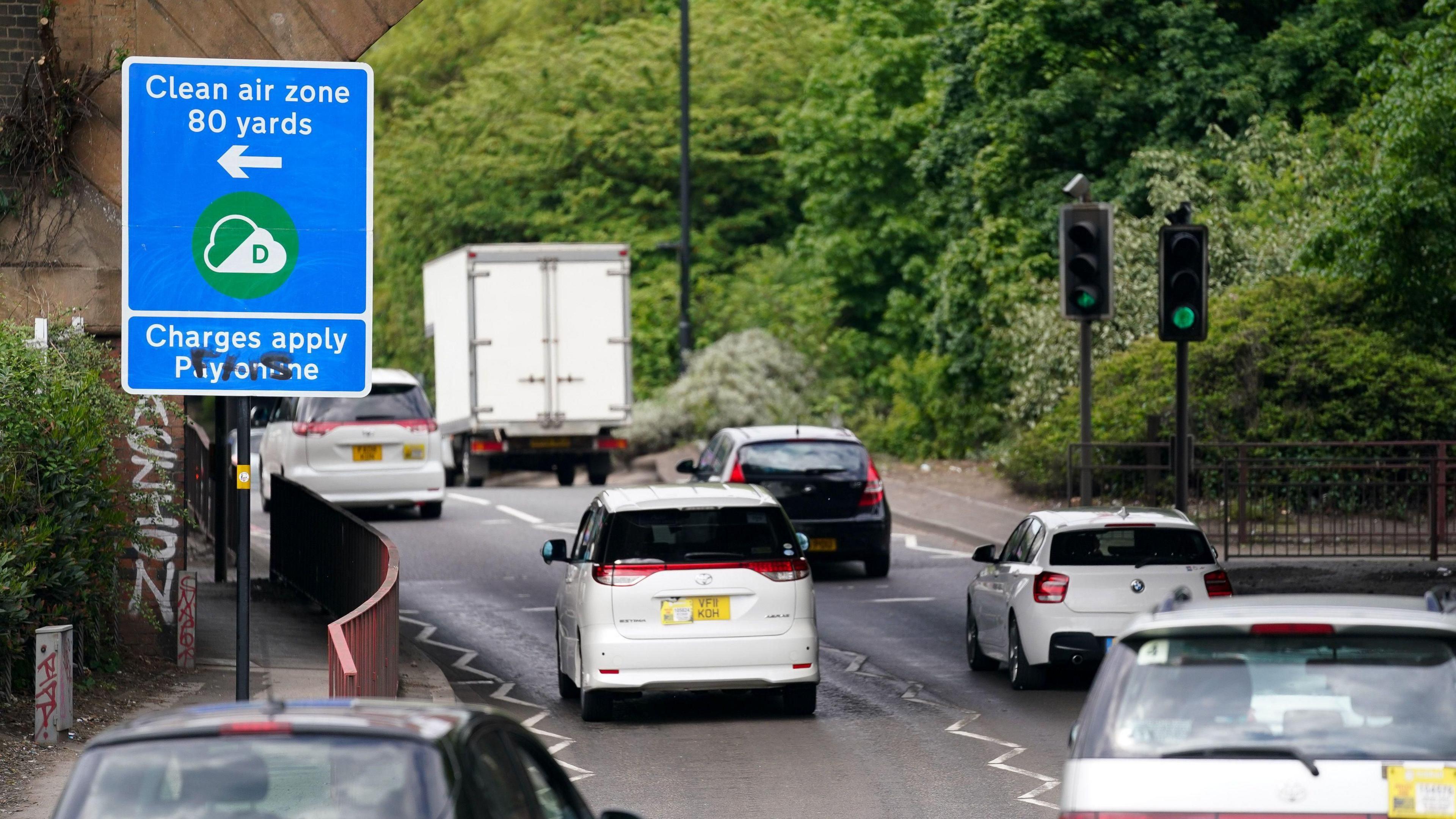
- Published10 December 2024
